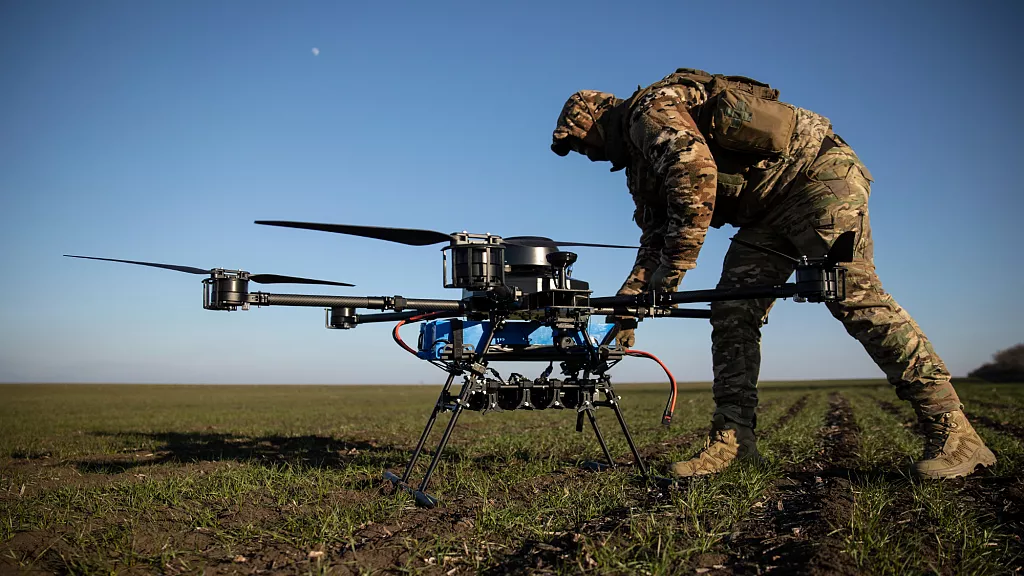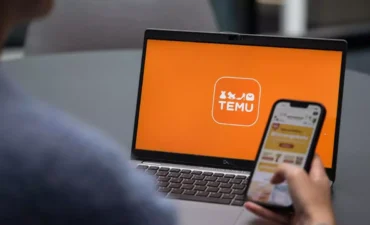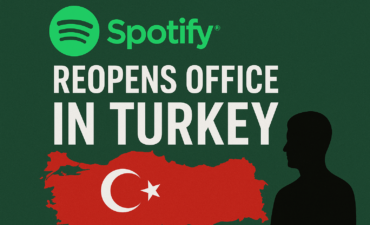This week’s stories are about tech, startup and sustainability, coming from Germany and the USA
1-Germany receives 90% of Europe’s defence tech funding
Venture capital funding for European defense technology startups reach to $971 million in the first half of 2025, with Germany accounting for a staggering 90% of the total, according to data from Dealroom.
I saw this story at The Next Web and the surge in funding reflects growing investor interest as European nations ramp up military capabilities in response to heightened geopolitical tensions. The total already surpasses all of 2024, when startups in the industry raised $605 million, the story noted.
Leading the charge was Munich-based Helsing, which raised $660 million in June in Europe’s largest private funding round so far this year. The deal, led by Spotify CEO Daniel Ek’s investment firm Prima Materia, valued the AI defense startup at $13.2 billion, placing it among the continent’s most valuable private companies, per the story.
Founded in 2021, Helsing develops AI software for military systems, including battlefield simulations, electronic warfare, and reconnaissance drones used in Ukraine. The company recently unveiled plans for a fleet of autonomous underwater drones to bolster maritime security in Europe, according to the story.
The second-largest funding round also went to a German company. Quantum Systems, which builds AI-powered autonomous surveillance drones, secured $176 million at a valuation exceeding $1.1 billion. Its drones are designed for dual use, capable of both military reconnaissance and civilian tasks such as agricultural monitoring and search and rescue operations.
Elsewhere in Europe, British startup Skyral, founded by former Prime Minister Tony Blair’s son Nick Blair, raised $20 million to develop military simulation software for NATO and the UK Army, the story underlined.

Germany receives 90% of Europe’s defence tech funding
2-Netflix says it’s using GenAI
Netflix has used generative artificial intelligence (GenAI) to create visual effects in one of its original television series for the first time, a move the company says has helped reduce production time and costs.
I read this story at BBC and Netflix Co-CEO Ted Sarandos confirmed the streaming giant employed AI-generated imagery to depict a building collapse in The Eternaut, an Argentine science fiction series. The technology, which creates images and video from written prompts, allowed the scene to be completed roughly 10 times faster than using traditional VFX methods, Sarandos emphasized.
“The cost of that scene using conventional methods just wouldn’t have been feasible within the show’s budget,” he noted. “That sequence is actually the very first GenAI final footage to appear on screen in a Netflix original series or film. The creators were thrilled with the result.”
Industry figures such as director and producer Tyler Perry have voiced concerns, according to the story. In 2024, Perry paused an $800 million expansion of his Atlanta studio, citing fears over how AI tools — including OpenAI’s video generator Sora — could impact employment in film production.
Still, others in the creative sector see AI as a valuable addition to the production toolkit. Davier Yoon, co-founder of Singapore-based animation firm CraveFX, said Netflix’s move is part of a broader trend among major studios embracing generative AI.
Despite the controversy, Sarandos emphasized that AI is enabling creators with limited resources to deliver ambitious visuals — a development that could reshape the economics of streaming content.

Netflix says it’s using GenAI
3-Google signs record hydropower deal to power U.S. operations
Google has signed the largest corporate clean energy deal for hydroelectric power to date, partnering with Brookfield Asset Management and Brookfield Renewable to secure up to 3GW of carbon-free electricity for its U.S. operations.
I saw this story at ESGtoday and the new Hydro Framework Agreement (HFA) allows Google to procure electricity from up to 3 gigawatts of hydro assets. These facilities will be relicensed, modernized, or upgraded to extend their operational life and supply carbon-free energy to the grid, according to the story. Initial efforts will target the mid-Atlantic (PJM) and mid-continent (MISO) regions, with plans to expand into other U.S. power markets.
The agreement underscores Google’s push toward sustainability, as the company aims to run on 24/7 carbon-free energy (CFE) by 2030 and reach net-zero emissions across its operations and value chain, per the story. In 2024, Google reported a 12% reduction in data center emissions despite a 27% increase in power consumption, crediting its shift toward clean energy sources.(By the way I have a story here about Google’s use of AI in Sezen Aksu, Turkey’s iconic pop star, latest song)
The companies said the first projects under the agreement include two 20-year power purchase agreements (PPAs) for hydroelectric facilities in Pennsylvania being relicensed by Brookfield. The contracts represent more than $3 billion in energy and 670 megawatts of capacity.

Google signs record hydropower deal to power U.S. operations








